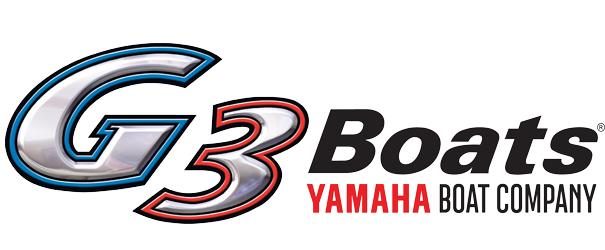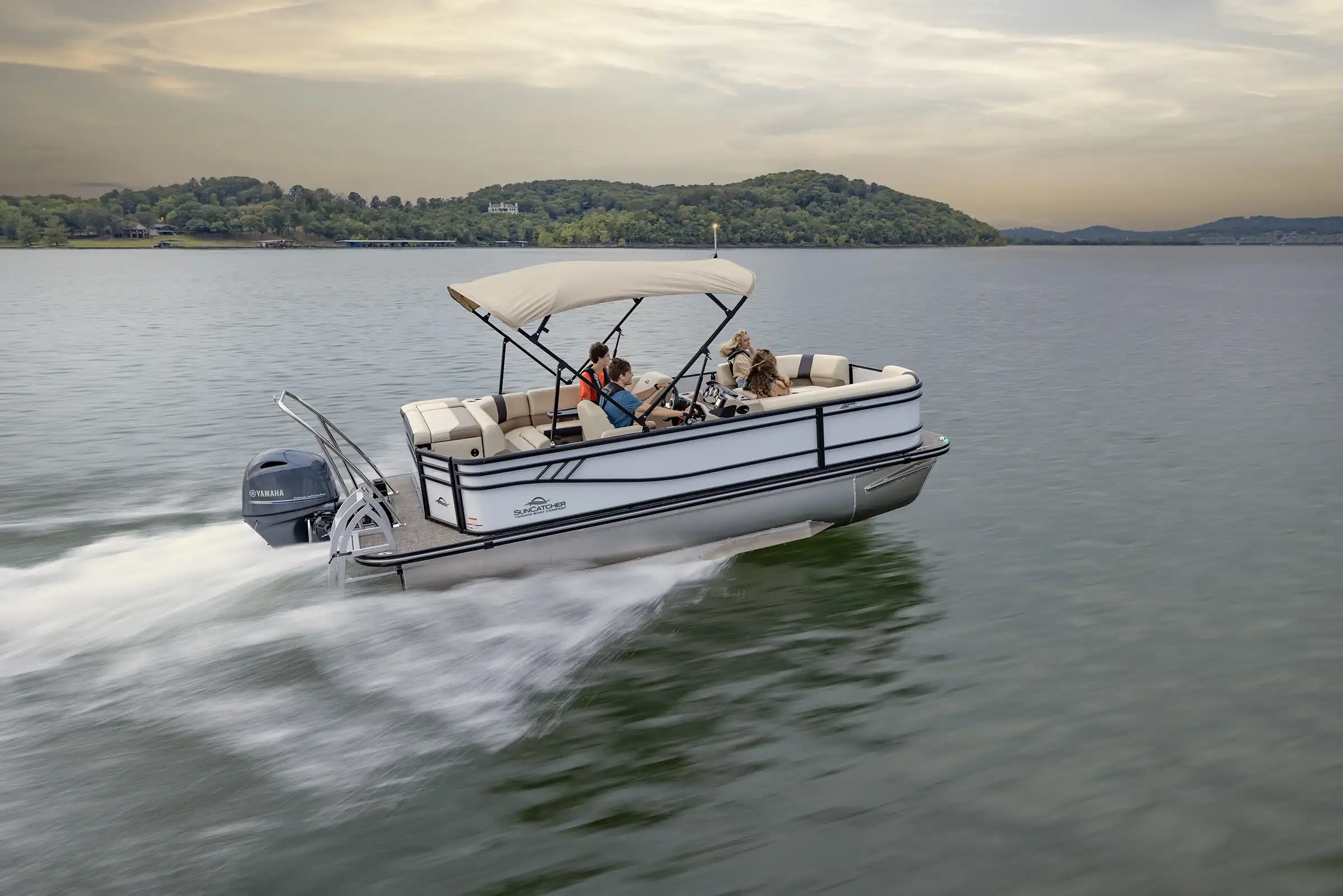While pontoon boats offer a smoother sailing experience due to their design, knowing how to effectively navigate waterways is crucial. After all, these boats are not made for rough waters; weather can change quickly, causing previously calm water to become choppy. Use this guide to navigating waterways on your pontoon to ensure you know what to do in any situation.
Knowing Your Boat
Understanding the design and build of your pontoon can help you anticipate how it will react in certain situations. A pontoon boat has a flat deck mounted on two or three hollow tubes. The tubes provide buoyancy while ensuring the deck stays flat and stable. These boats are driven by an outboard motor connected to the steering control at the front of the boat. The design itself is great for larger groups with plenty of room to move around and sit.
While a pontoon boat is versatile, it also has its own limitations to be aware of. A big limitation is the top speed, which is usually around 20-30 mph, and the high profile on the water, which can cause issues in high winds. The flat bottom also makes the boat itself much less stable in rougher waters.
Driving a Pontoon Boat
Pontoon boats require a little more patience and finesse than standard boats which is why speed, awareness, and etiquette are important.
Steering
When it comes to driving a pontoon boat, the biggest concern is the large turning radius. This means that you must always be paying attention to where you want to go, as you have to plan your turns in advance. Gradual and controlled steering throughout the turn is essential for maintaining stability. Practice navigating at slow speeds to really learn how your pontoon reacts and how long each turn takes. Slow-speed maneuvering takes patience, but it is a skill you need, especially if docking in marinas or at busy docks.
Managing Speed
When it comes to navigating waterways effectively on your pontoon, speed is a big consideration. However, it is also important to note that conditions impact the speed you can go. In calm and tranquil waters, pontoons can cruise at a moderate pace, creating a relaxing ride. When cruising at a faster pace, be sure to pay attention to your surroundings and be ready to reduce speed for any necessary turns. If the water begins to get choppy, reduce your speed slightly and begin heading towards land. With any waves, approach them at a slight angle to minimize the impact and avoid water from splashing onto your passengers.
Waterway Etiquette
When heading out on the water, make sure to always familiarize yourself with any local regulations. This includes any speed limits, no-wake zones, and rules regarding navigational aids. You should always respect the local regulations and use the general right-of-way rules to stay safe on the water. By following these guidelines, you can ensure a safe and enjoyable experience for you and your passengers.
Safety On Board
Staying safe on the water is a priority for any boat owner or passenger. This is why being prepared for any situation can help your ride run smoothly.
Having the Right Equipment
You should always carry the appropriate equipment for your boat and passengers. Start by always carrying the right amount and sizes of life jackets, including for children or pets. You should also have communication tools on board at all times, including a backup. This can include a VHF radio, a satellite radio, and flares. Finally, you should have a fully stocked basic first aid kit on board. Be sure to check all of these safety items regularly to ensure they are up-to-date and ready to use.
Set Rules for Your Passengers
While uncommon, a pontoon can tip if there is too much weight on one side of the boat. Therefore, it is a smart idea to set rules for your passengers before heading out. Ensure that passengers are seated while you are driving to the destination, and that they all know where the life jackets are. When passengers are moving around the boat, encourage them to use handrails and move slowly to avoid any falls. Passengers should also know where any fire extinguishers are and understand general boating etiquette around noise.
Mastering and navigating waterways or your pontoon requires keen attention to your surroundings and knowledge of your boat itself. Be sure to practice turning and docking before taking out a large group of passengers and be aware of changing weather conditions.
Find and Build Your Dream Pontoon
SunCatcher has a range of customizable pontoon boats to suit your needs and wants. As a leading pontoon manufacturer, they offer amazing customer service and superb workmanship. This ensures they and their boats meet the expectations of customers nationwide. Visit the Suncatcher website today to start building the pontoon boat of your dreams.



